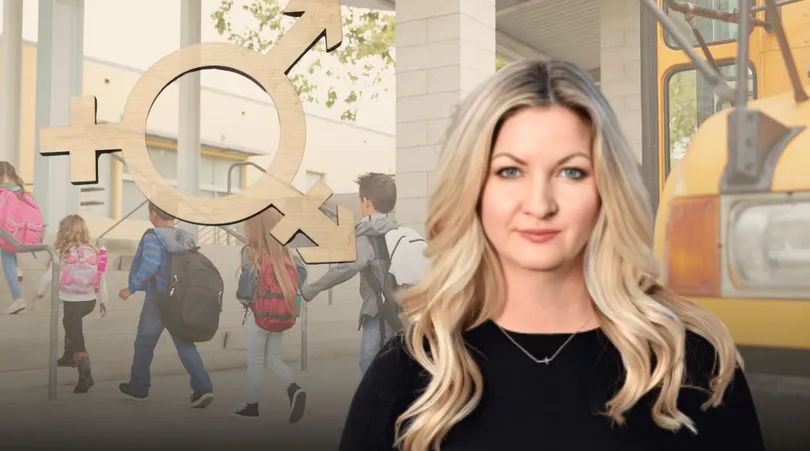January Littlejohn, a Florida-based parental rights advocate, has gained national attention for her legal battle against a school district over gender identity policies. Her case, which has been widely discussed in media and political circles, revolves around the rights of parents to be informed about their children's social and medical transitions in schools.
Littlejohn became a central figure in the parental rights movement after she sued the Leon County School Board in Florida, alleging that her child was socially transitioned at school without her consent. The case has since fueled national debates on the role of parents in education and LGBTQ+ policies in schools.
Background of the Lawsuit
Littlejohn filed a lawsuit in 2021 against the Leon County School District, claiming that her 13-year-old daughter was encouraged to use different pronouns and be treated as a different gender at school without parental notification. According to her, school officials developed a gender support plan for her child without consulting her or her husband.
She stated that the school allowed her child to use a different name and gender identity in school communications, a decision that she argues should have involved parental consent.
Public Reaction and Political Impact
Littlejohn’s case quickly became a flashpoint in the political and educational landscape, drawing both strong support and opposition.
Supporters say her lawsuit highlights the need for transparency between schools and parents, ensuring that families are fully informed about their children's well-being. Many conservative lawmakers have used her case to push for stronger parental rights laws.
Critics, including LGBTQ+ advocacy groups, argue that requiring parental notification could put some children at risk, especially if they come from unsupportive households. They claim that schools should provide a safe space for students to express their identity without fear.
Legal and Legislative Influence
Littlejohn’s legal battle has contributed to the passing of Florida's Parental Rights in Education Act, often referred to by critics as the "Don't Say Gay" bill. This law limits discussions about sexual orientation and gender identity in schools and strengthens parental involvement in such matters.
Her advocacy has also led to similar legislative efforts in other states, sparking debates about the balance between parental authority and student rights in public education.
What’s Next?
Littlejohn continues to advocate for parental rights, speaking at conservative events and working with lawmakers to expand parental notification policies in schools. While her lawsuit has been dismissed at the district level, it has left a lasting impact on education policies across the U.S.
Her story remains a key example of the ongoing tension between parental rights and LGBTQ+ student protections, a debate that is expected to continue shaping education policies in the coming years.

